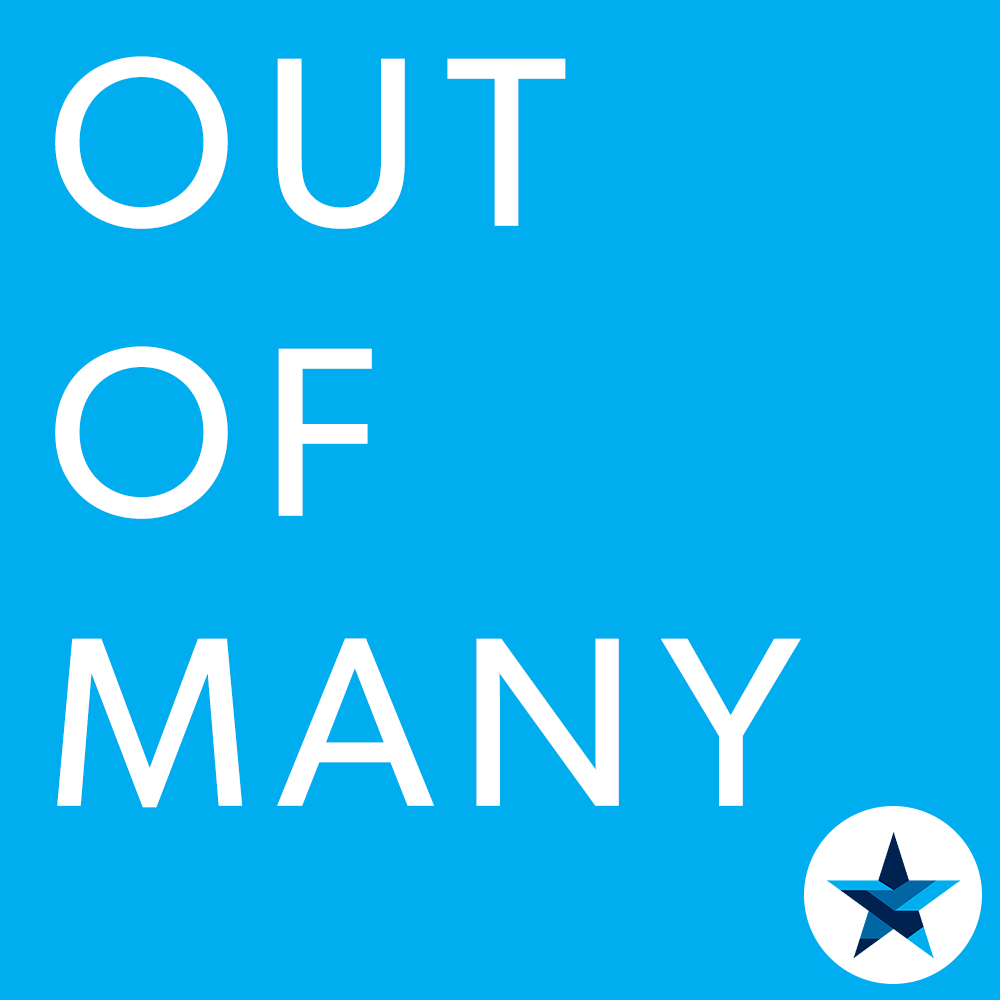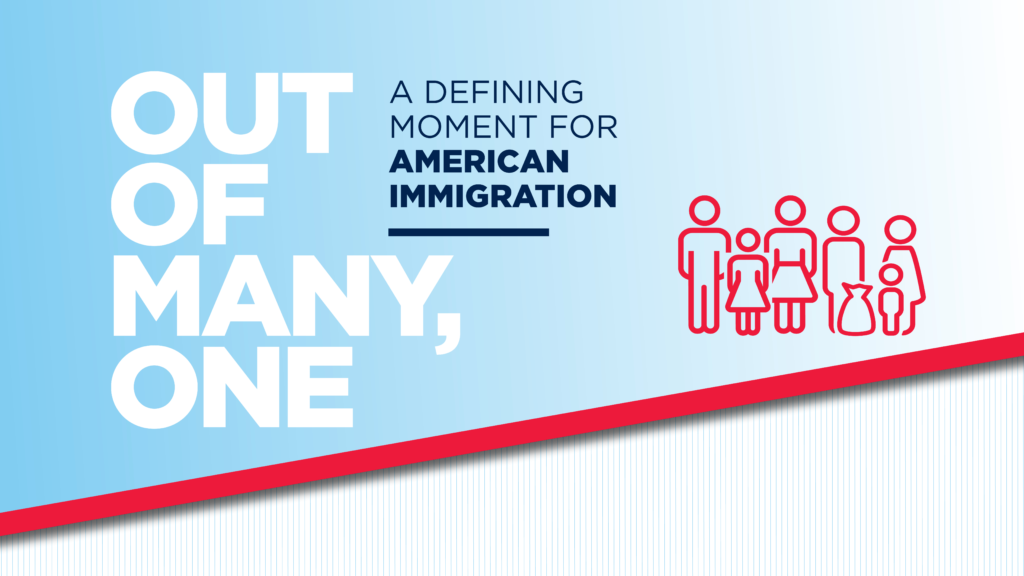A deeply polarized environment serves the goals and ambitions of many elected officials on both sides of the aisle; they exploit gerrymandered congressional districts, fragmented media, and low voter participation rates. As a result, it can be challenging to realize the ideal that out of many, we are one.
Nevertheless, for three reasons, immigration has the potential to serve as the issue that reunifies the country.
First and foremost, the American story is the immigrant story. “To bring Americans back together, we need to focus first on those things that we share, and this starts with our identity as Americans,” More in Common found.[1] We have an opportunity to modernize the notion of America as a nation of immigrants as part of this shared identity.
Immigration has the potential to serve as the issue that reunifies the country.
Second, the faith community has an opportunity to take the lead in addressing questions and concerns around culture. As we saw in our conversations, the majority of which included evangelical Christians, pastors are crucial in introducing communities to one another. According to recent data from the Democracy Fund Voter Study Group, “While 58 percent of secular Trump voters agree that ‘these days I feel like a stranger in my own country,’ almost the same share (55 percent) of religious Trump voters disagree.”[2] Our nation’s faith institutions are uniquely positioned to address the central question of identity in a way that brings people together.
Finally, of the issues that polarize the American politic today, immigration is the only one with a modern history of legislative bipartisanship. For example, even as the Trump administration drastically cuts refugee admissions, we see members of Congress as conservative as Senator James Lankford (R-Oklahoma) working with progressive colleagues such as Senator Michael Bennet (D-Colorado) to advocate for those fleeing persecution.
While our ultimate goal is policy change, getting there requires engaging specific audiences through a diverse menu of constituency, communications, and advocacy strategies that involve three steps: Explain, Engage, Envision.
Public data and our experience indicate that more Americans than ever are asking about immigration, and they are looking for information they can trust. We have a tremendous opportunity to creatively explain the issues to targeted audiences, paying close attention to message, messenger and medium.
As the public’s understanding of immigration builds, opportunities to engage also increase. This can include participation in events or meetings, sharing of content and information through one’s social networks, or engagement of policy makers.
Given the unprecedented interest in immigration, the Forum’s unique vantage point, and the increasingly urgent need to engage with moderates and conservatives, we also have an opportunity to envision a new approach to American immigration. Such an approach, based on a range of data points, would combine updated messaging research (quantitative and qualitative) and lay the groundwork for new policy frameworks.

Throughout our history, immigration ensured new people could usher in new ideas to reinvent and unleash America’s economy and foster its cultural dynamism, allowing the United States to serve as a beacon of hope around the globe. It’s a component of our country’s DNA that has set us apart from the rest of the world. That’s why, a few months before Trump won the 2016 election, Elder Patrick Kearon issued a challenge to his congregation during the Church of Jesus Christ of Latter-day Saints’ biannual General Conference in Salt Lake City, Utah. Kearon concluded his talk about the role of the church in welcoming and resettling refugees: “This moment does not define them, but our response will help define us.”[3]
It will be the response of those Americans living in Grand Rapids, Michigan; Marietta, Georgia; Tulsa, Oklahoma; and similar communities nationwide who, in decisions big and small, will decide whether we can remain a nation of laws and a nation of grace — and whether, out of many, we can remain one.
***
[1] Hawkins, S., Yudkin, D., Juan-Torres, M., & Dixon, T. (2018), “Hidden tribes: A study of America’s polarized landscape.” Report prepared for More in Common.
[2] Emily Ekins, “Religious Trump Voters,” Democracy Fund Voter Study Group, September 2018, accessed October 1, 2018, https://www.voterstudygroup.org/publications/2018-voter-survey/religious-trump-voters.
[3] Elder Patrick Kearon, “Refuge from the Storm,” The Church of Jesus Christ of Latter-day Saints, April 2016, accessed October 1, 2018, https://www.lds.org/general-conference/2016/04/refuge-from-the-storm?lang=eng.


